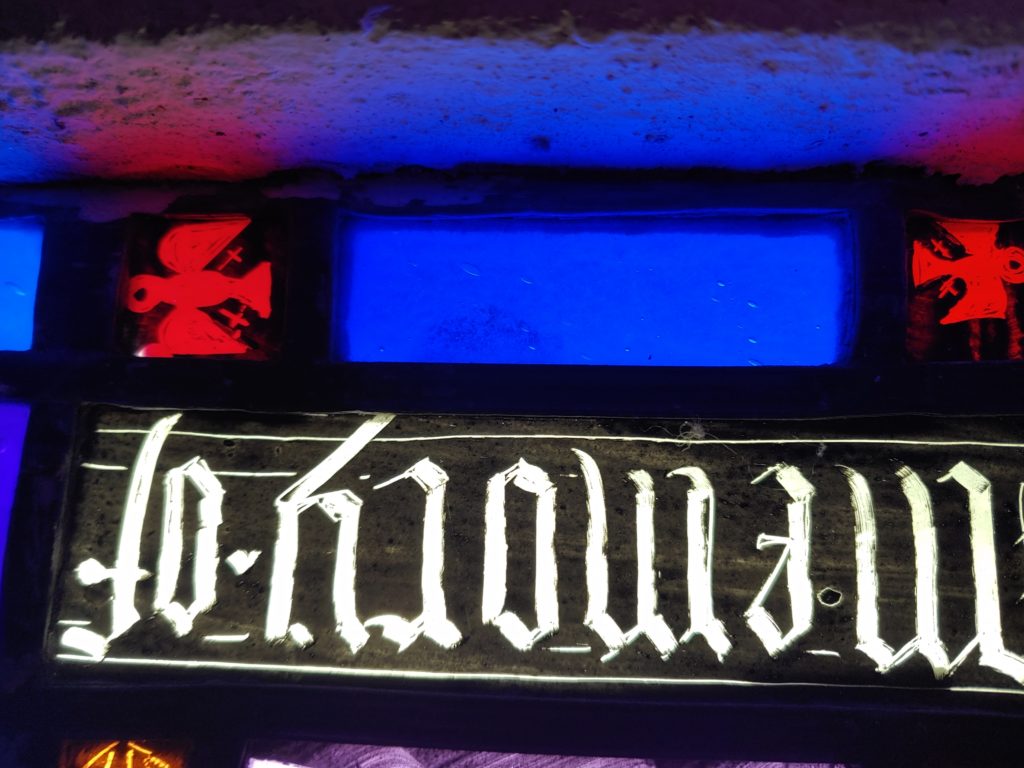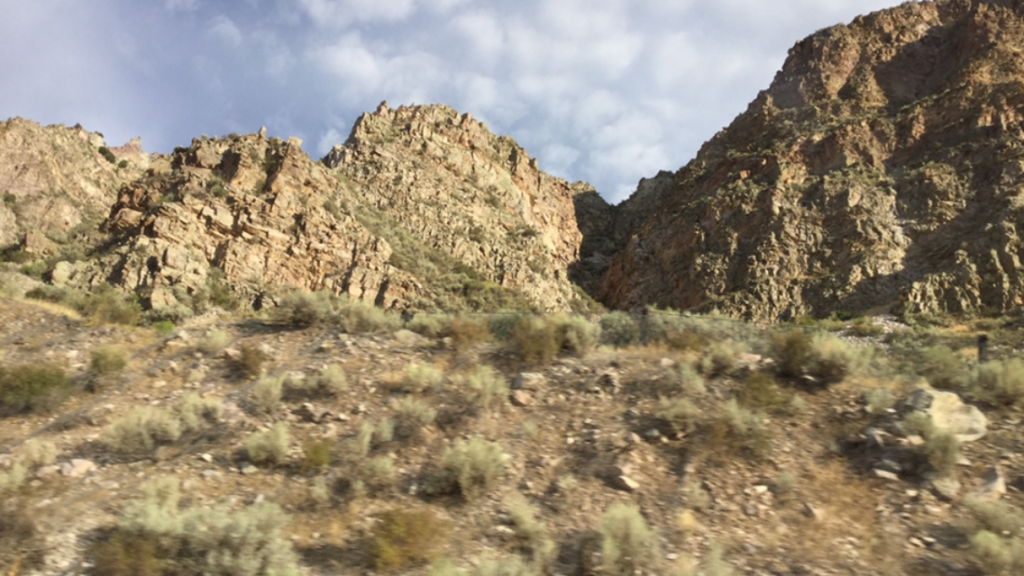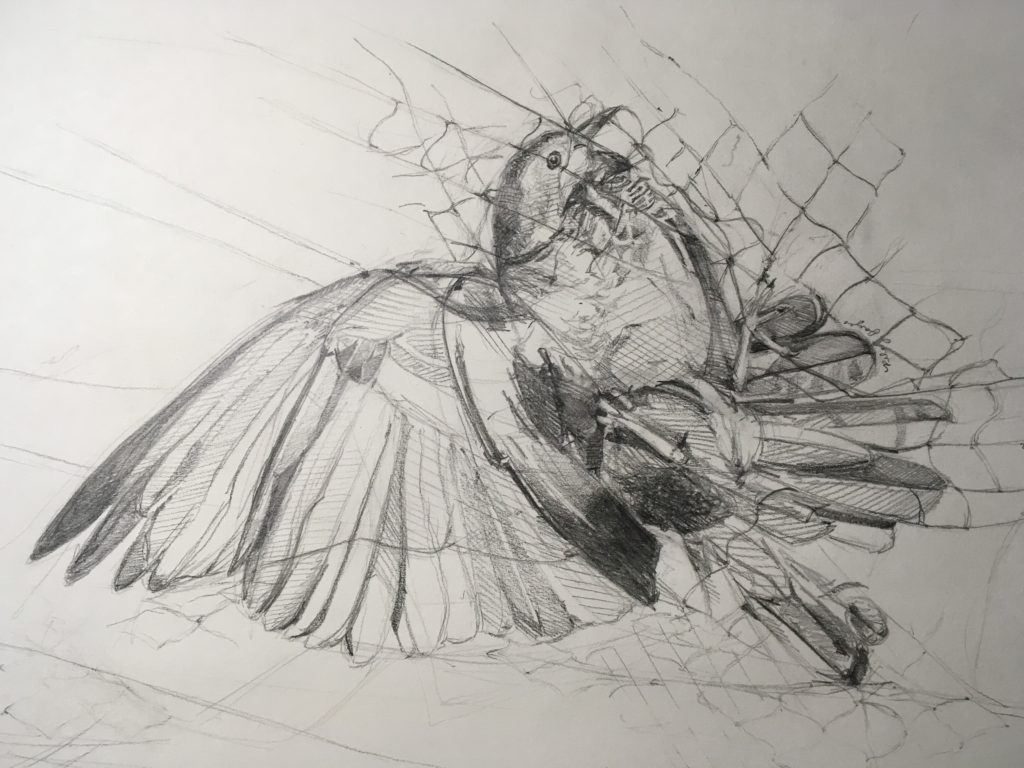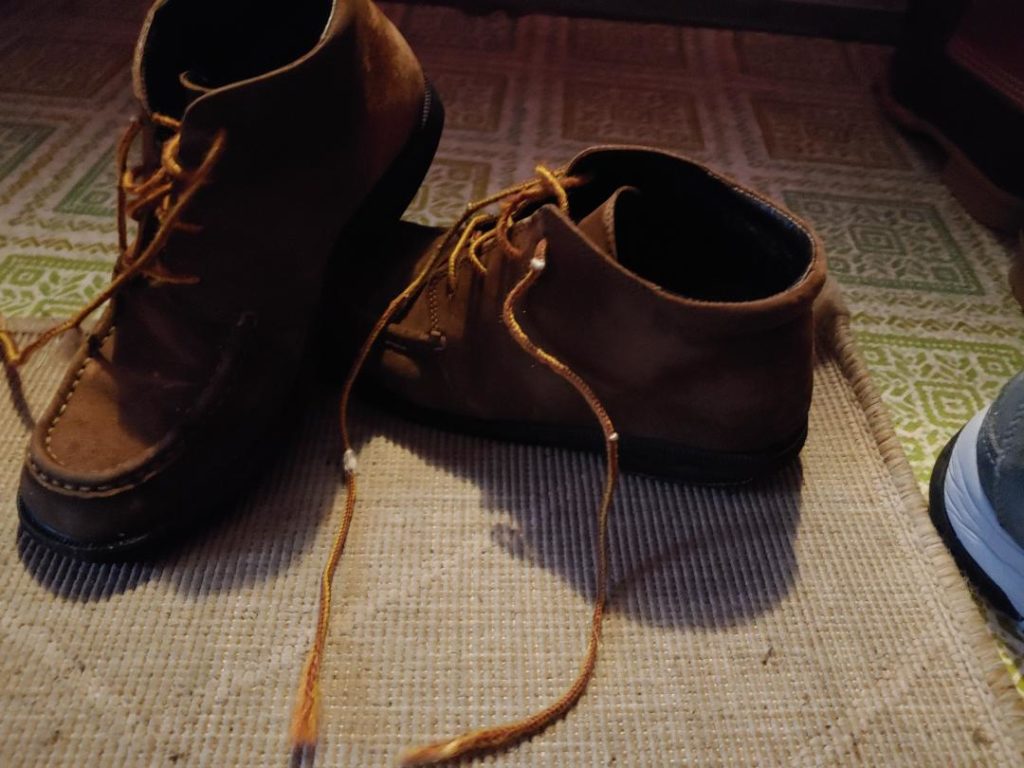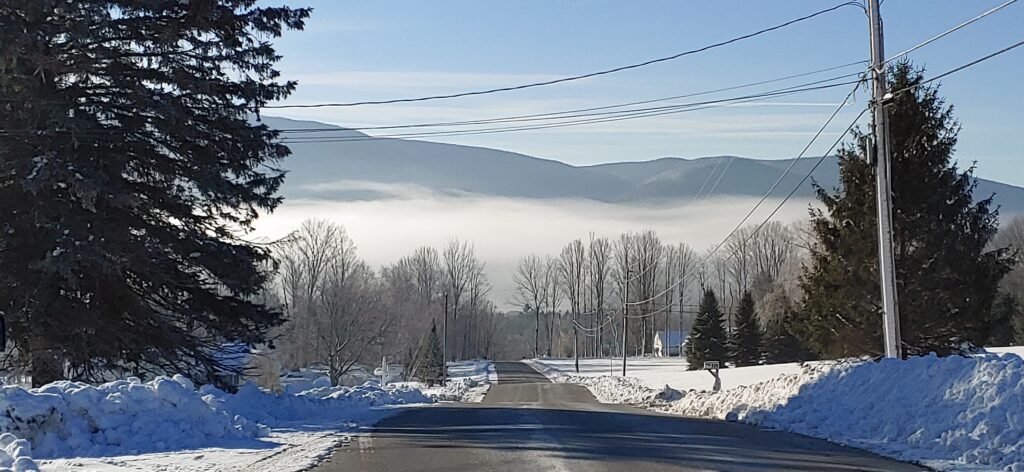Happy is everyone who fears the Lord, who walks in his ways.
You shall eat the fruit of the labor of your hands; you shall be happy, and it shall go well with you.
Psalm 128:1-2, NRSV
This is a good psalm for understanding what it means to fear God: if everyone who fears God is happy, then fear is not terror and God is not a wrathful being just waiting for an excuse to rain fire down upon the unfortunate soul who makes a mistake. I think fear is closer to awestruck; the presence of God is so overwhelming and all-encompassing that we find ourselves in way over our heads. Instead of being scared to death, we are scared to life – not a comfortable feeling, but an amazing one.
This is also a good psalm for understanding what happens when we walk in God’s ways. Showing compassion for those in need, being honest in our dealings with others, refusing to become so jealous of others that we lose all sense of joy and peace – these actions make us happy. No amount of wealth gained by illicit or immoral means can do that.
And what about eating the fruit of the labor of our own hands? Earning our living by working at something rather than being given money without the work points to a reality that gets lost in the shuffle sometimes: there is dignity, honor, and satisfaction in labor.
It’s something most of us know on a deep level, these truths about what makes life good. It’s ironic that the cultural ideal of a no-work self-centered life that promises carefree happiness is a sure way to an unhappy life…

